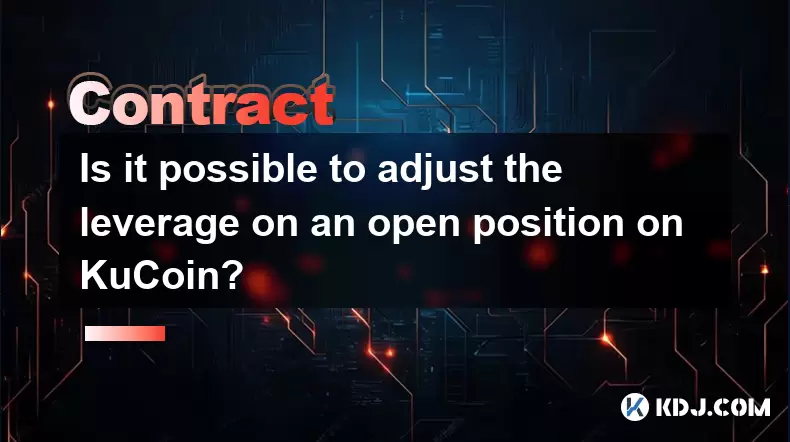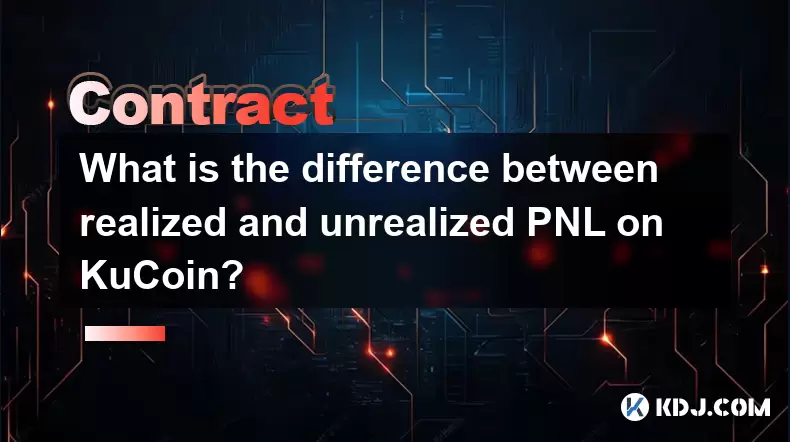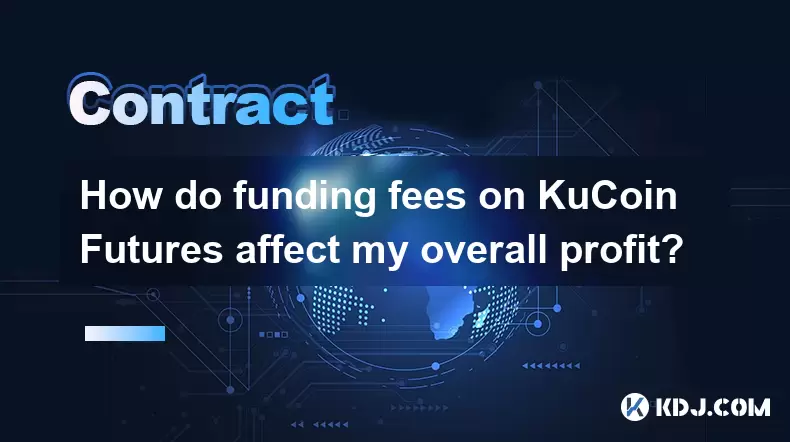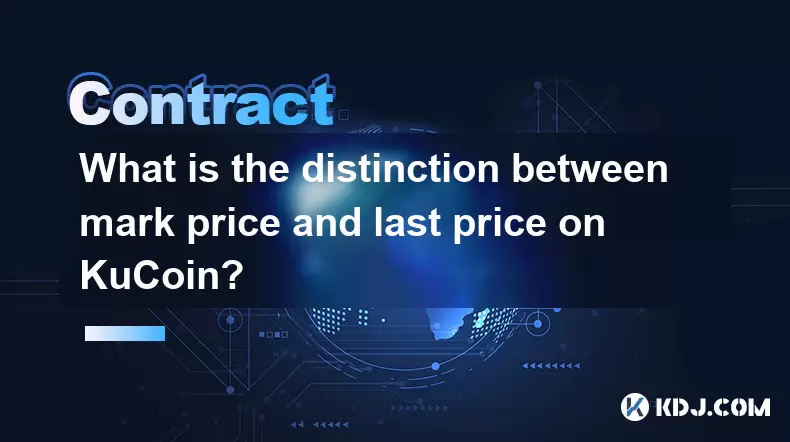-
 Bitcoin
Bitcoin $119000
-2.21% -
 Ethereum
Ethereum $4315
1.01% -
 XRP
XRP $3.151
-3.11% -
 Tether USDt
Tether USDt $0.0000
0.00% -
 BNB
BNB $808.5
-0.71% -
 Solana
Solana $175.8
-4.21% -
 USDC
USDC $0.9999
0.00% -
 Dogecoin
Dogecoin $0.2250
-3.92% -
 TRON
TRON $0.3469
1.77% -
 Cardano
Cardano $0.7818
-3.81% -
 Chainlink
Chainlink $21.47
-2.10% -
 Hyperliquid
Hyperliquid $43.30
-6.81% -
 Stellar
Stellar $0.4370
-2.84% -
 Sui
Sui $3.682
-4.40% -
 Bitcoin Cash
Bitcoin Cash $590.8
2.67% -
 Hedera
Hedera $0.2484
-5.20% -
 Ethena USDe
Ethena USDe $1.001
0.00% -
 Avalanche
Avalanche $23.10
-4.29% -
 Litecoin
Litecoin $119.2
-3.96% -
 Toncoin
Toncoin $3.409
0.90% -
 UNUS SED LEO
UNUS SED LEO $9.016
-1.29% -
 Shiba Inu
Shiba Inu $0.00001304
-3.82% -
 Uniswap
Uniswap $11.18
1.33% -
 Polkadot
Polkadot $3.913
-3.51% -
 Cronos
Cronos $0.1672
-3.08% -
 Dai
Dai $1.000
0.02% -
 Ethena
Ethena $0.7899
-4.70% -
 Bitget Token
Bitget Token $4.400
-1.23% -
 Pepe
Pepe $0.00001132
-5.93% -
 Monero
Monero $257.9
-6.44%
Will the perpetual contract trading platform lose money?
Understanding the risks of margin calls and forced liquidations is crucial in perpetual contract trading, as traders must maintain sufficient margin to avoid potential losses due to unfavorable market movements.
Dec 07, 2024 at 06:23 pm

Perpetual Contract Trading: A Comprehensive Guide to Understanding Risks and Strategies
Perpetual contracts, also known as perpetual futures, are financial instruments that simulate the trading of underlying assets, such as cryptocurrencies, commodities, and stocks, without an expiry date. Unlike traditional futures contracts, which expire on a specific date, perpetual contracts allow traders to hold positions indefinitely.
While perpetual contracts offer the potential for significant profits, they also carry inherent risks that can lead to substantial losses. Understanding these risks and implementing appropriate trading strategies is essential for mitigating losses and maximizing gains.
The following guide explores the key aspects of perpetual contract trading, including the potential risks involved and effective strategies to navigate these risks:
Understanding the Risks of Perpetual Contract Trading
- Market Volatility and Price Fluctuations: Perpetual contracts are highly leveraged instruments, which means that even small price movements can result in amplified gains or losses. Traders must stay informed about market conditions and monitor price movements closely to minimize risk and maximize potential rewards.
- Margin Calls and Forced Liquidations: Perpetual contracts require traders to maintain a certain margin level, which is the amount of collateral deposited to support their positions. If the market moves against a trader's position and the margin level falls below a predefined threshold, a margin call will be issued. Failure to meet a margin call will result in a forced liquidation of the position, leading to substantial losses.
- Funding Rate Fluctuations: Perpetual contracts employ a funding rate mechanism that ensures that the price of a perpetual contract tracks the spot price of the underlying asset. When the funding rate is positive, long positions pay short positions, and vice versa. Fluctuations in the funding rate can impact the profitability of a position over time.
- Counterparty Risk: Perpetual contracts are traded on centralized exchanges that act as counterparties to trades. The financial stability and reputation of the exchange can impact the reliability and liquidity of the market, potentially exposing traders to counterparty risk.
Effective Strategies for Mitigating Risks in Perpetual Contract Trading
- Risk Management Tools: Utilize stop-loss orders, limit orders, and position sizing strategies to manage risk exposure and limit potential losses. These tools allow traders to set predetermined limits for price movements, ensuring that losses are capped at a defined level.
- Technical Analysis and Trend Analysis: Study price charts, identify trends, and use technical indicators to predict future price movements. This can help traders make informed decisions about entry and exit points, reducing the likelihood of entering losing positions.
- Leverage Control: Leverage is a double-edged sword that can amplify both profits and losses. Traders should carefully consider their risk tolerance and adjust leverage levels accordingly. Using excessive leverage increases the potential for significant losses.
- Position Hedging: Hedge positions by simultaneously holding opposite positions in different perpetual contracts or against spot assets. This strategy helps to reduce the overall exposure to market volatility and protect against potential losses.
- Liquidity Assessment: Ensure that the perpetual contract market has sufficient liquidity before entering into positions. Low liquidity can lead to slippage, which occurs when the executed trade price significantly differs from the intended price, potentially resulting in unfavorable trading outcomes.
- Research and Analysis: Conduct thorough research on the underlying asset, market conditions, and the perpetual contract platform before initiating trades. This will provide valuable insights into potential risks and opportunities.
- Emotional Discipline: Avoid making emotional trading decisions. Stick to a predefined trading plan and avoid letting fear or greed dictate trades. Emotional trading can lead to impulsive and potentially costly decisions.
- Continuous Education: Stay updated with market news, regulatory changes, and industry developments. Perpetual contract trading is an ever-evolving field, and continuous learning is crucial for success.
Disclaimer:info@kdj.com
The information provided is not trading advice. kdj.com does not assume any responsibility for any investments made based on the information provided in this article. Cryptocurrencies are highly volatile and it is highly recommended that you invest with caution after thorough research!
If you believe that the content used on this website infringes your copyright, please contact us immediately (info@kdj.com) and we will delete it promptly.
- Japan, Bitcoin, and Treasuries: A New Era of Corporate Finance?
- 2025-08-12 18:30:12
- Bitcoin Bull Market: Decoding the Indicators for the Next Big Move
- 2025-08-12 18:30:12
- Do Kwon's Terra Collapse: From 'Not Guilty' to Guilty Plea?
- 2025-08-12 18:50:12
- Material Efficiency, Traceability, and Trust: The New Pillars of Sustainability
- 2025-08-12 18:50:12
- Do Kwon's Potential Guilty Plea: A New Chapter in the TerraUSD Crypto Collapse Saga
- 2025-08-12 18:55:12
- Bitcoin, Holdings, and the Smarter Web: A New Era of Digital Finance
- 2025-08-12 18:55:12
Related knowledge

Is it possible to adjust the leverage on an open position on KuCoin?
Aug 09,2025 at 08:21pm
Understanding Leverage in KuCoin Futures TradingLeverage in KuCoin Futures allows traders to amplify their exposure to price movements by borrowing fu...

What cryptocurrencies are supported as collateral on KuCoin Futures?
Aug 11,2025 at 04:21am
Overview of KuCoin Futures and Collateral MechanismKuCoin Futures is a derivatives trading platform that allows users to trade perpetual and delivery ...

What is the difference between realized and unrealized PNL on KuCoin?
Aug 09,2025 at 01:49am
Understanding Realized and Unrealized PNL on KuCoinWhen trading on KuCoin, especially in futures and perpetual contracts, understanding the distinctio...

How does KuCoin Futures compare against Binance Futures in terms of features?
Aug 09,2025 at 03:22am
Trading Interface and User ExperienceThe trading interface is a critical component when comparing KuCoin Futures and Binance Futures, as it directly i...

How do funding fees on KuCoin Futures affect my overall profit?
Aug 09,2025 at 08:22am
Understanding Funding Fees on KuCoin FuturesFunding fees on KuCoin Futures are periodic payments exchanged between long and short position holders to ...

What is the distinction between mark price and last price on KuCoin?
Aug 08,2025 at 01:58pm
Understanding the Basics of Price in Cryptocurrency TradingIn cryptocurrency exchanges like KuCoin, two key price indicators frequently appear on trad...

Is it possible to adjust the leverage on an open position on KuCoin?
Aug 09,2025 at 08:21pm
Understanding Leverage in KuCoin Futures TradingLeverage in KuCoin Futures allows traders to amplify their exposure to price movements by borrowing fu...

What cryptocurrencies are supported as collateral on KuCoin Futures?
Aug 11,2025 at 04:21am
Overview of KuCoin Futures and Collateral MechanismKuCoin Futures is a derivatives trading platform that allows users to trade perpetual and delivery ...

What is the difference between realized and unrealized PNL on KuCoin?
Aug 09,2025 at 01:49am
Understanding Realized and Unrealized PNL on KuCoinWhen trading on KuCoin, especially in futures and perpetual contracts, understanding the distinctio...

How does KuCoin Futures compare against Binance Futures in terms of features?
Aug 09,2025 at 03:22am
Trading Interface and User ExperienceThe trading interface is a critical component when comparing KuCoin Futures and Binance Futures, as it directly i...

How do funding fees on KuCoin Futures affect my overall profit?
Aug 09,2025 at 08:22am
Understanding Funding Fees on KuCoin FuturesFunding fees on KuCoin Futures are periodic payments exchanged between long and short position holders to ...

What is the distinction between mark price and last price on KuCoin?
Aug 08,2025 at 01:58pm
Understanding the Basics of Price in Cryptocurrency TradingIn cryptocurrency exchanges like KuCoin, two key price indicators frequently appear on trad...
See all articles

























































































